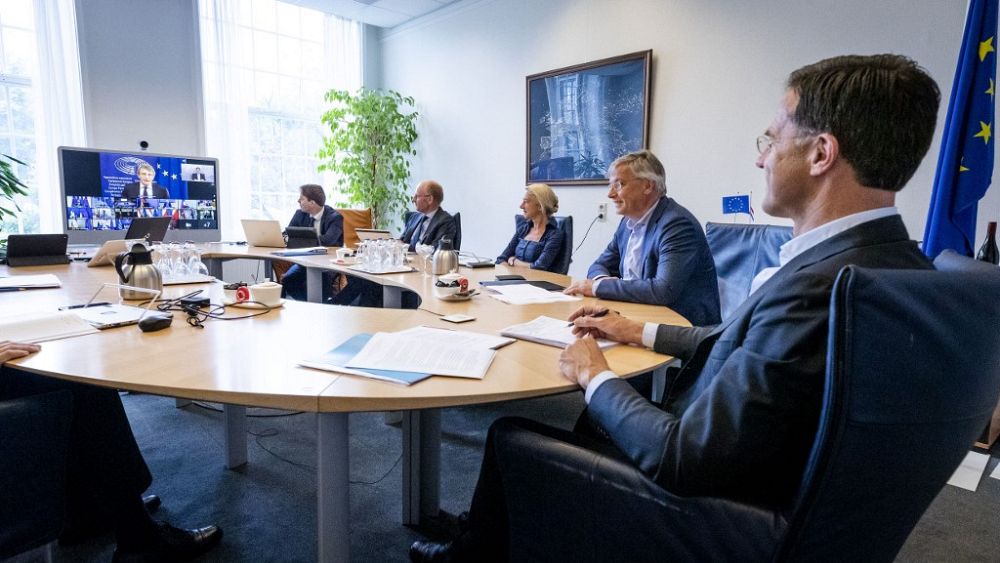How do the Dutch see themselves within the European Union? After Brexit, the role of the Dutch in Europe has changed. What has provoked intense debates in the country, especially before the elections Without the United Kingdom, the analyst Maria Demertzis believes that the Netherlands has lost an important partner. With them shared cultural ties and similar views in trade, business, and foreign policy.
“The departure of the UK has caused the Dutch to lose an ally in their way of thinking and operating. The Dutch always look to the West for the way they do business, for the way they do things. That is one of the things. The other is that with the departure of the United Kingdom a very important voice in all European affairs has left. Now only the Franco-German pact is necessary for things to move forward, and the Dutch are worried that that is all that is needed, and others will not be heard, so they want to make sure everyone is heard. “ says Demertzis, deputy director of the Bruegel Institute.
The Netherlands is one of the founding members of the European Union, which has traditionally made it a pro-European country. Its economy is largely dependent on the single market. But in recent years discontent with Brussels has increased. Something that became visible in the summer with the dispute between the Netherlands and its European partners over the recovery fund. The Hague says it wants more efficiency in spending public money. But southern countries are upset by an attitude they consider selfish, insensitive and overly moralistic.
Is the Nexit in sight?
Tensions between the Netherlands and its European partners have increased rumors about the nexit, a possible exit of the Netherlands from the EU, although many believe that the fears are exaggerated.“I think it’s just bubble people taking advantage of something that is no longer real. I do not think it is a real concern in the countries of the European Union, I believe that the biggest problem here is that __populists and nationalists will potentially claim a greater space in domestic politics if governments do not resolve well the management of finances and a public debt that is historical “says Dharmendra Kanani, director of Friends of Europe.
The rise of nationalism in the Netherlands is perceived as a consequence of growing discontent towards Brussels and its institutions. But it remains to be seen how it is translated and if it provokes a flight of the voters of the traditional parties.
– .


